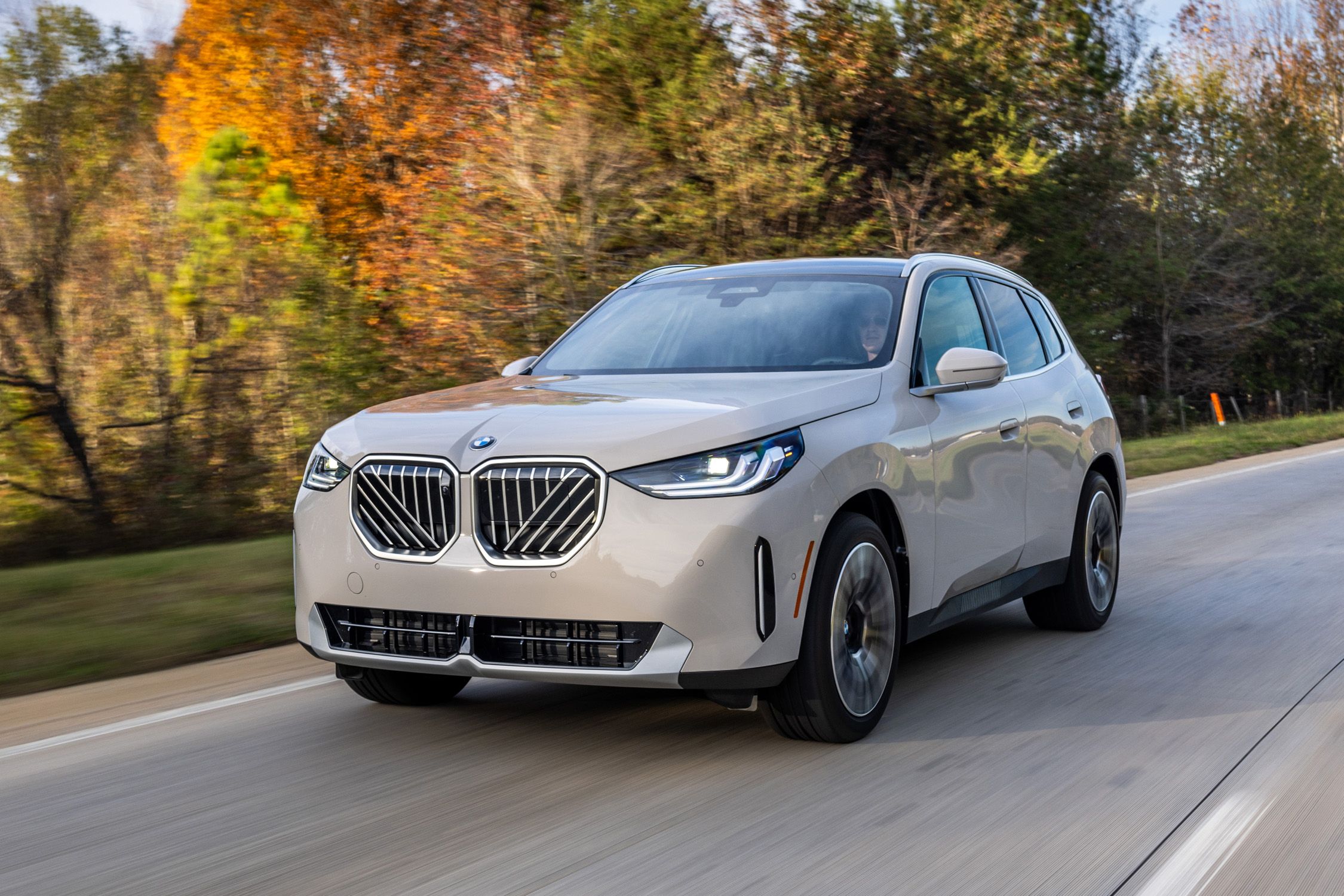Electric and Hybrid Car Insurance Incentives in New York
New York’s Electric and Hybrid Car Insurance Incentives
New York State is a national leader in promoting electric vehicle (EV) and hybrid adoption, offering robust incentives designed to lower ownership costs—including insurance-related perks. These programs align with the state’s ambitious climate goals, such as achieving 100% zero-emission vehicle sales by 2035. Understanding available incentives helps drivers maximize savings while contributing to a greener future.
State-Sponsored Insurance Discounts and Rebates
New York’s Drive Clean Rebate program provides up to $2,000 for leasing or purchasing eligible EVs, reducing the vehicle’s upfront cost and indirectly lowering insurance premiums (since premiums often correlate with a car’s value). Additionally, the state partners with insurers to offer discounts tailored for low-emission vehicles. For example:
- Multi-Policy Discounts: Bundling auto insurance with homeowner’s or renter’s policies from providers like State Farm or Allstate can yield savings of 10–20%.
- Green Vehicle Discounts: Companies like GEICO and Progressive offer discounts (typically 5–10%) for hybrid or electric cars due to their lower environmental impact and safer driving profiles.
- Usage-Based Programs: Insurers like Liberty Mutual reward drivers of EVs/hybrids for low mileage via telematics programs like RightTrack, which monitors driving habits and adjusts premiums accordingly.
The Clean Pass Program
New York’s Clean Pass initiative provides high-occupancy vehicle (HOV) lane access to qualifying low-emission vehicles, regardless of passenger count. While not a direct insurance discount, this perk reduces commute times and accident exposure, potentially lowering risk profiles. Hybrids meeting SULEV (Super Ultra Low Emission Vehicle) standards and EVs are eligible.
Tax Credits and Registration Incentives
The federal tax credit of up to $7,500 for new EVs (e.g., Tesla Model 3, Ford Mustang Mach-E) applies in New York, reducing the vehicle’s taxable value—a factor insurers consider when calculating premiums. At the state level:
- EV Registration Fee Reduction: Annual fees for electric vehicles are $0-$140, often lower than gasoline counterparts.
- Sales Tax Exemption: New York waives state sales tax (4%) on the first $25,000 of an EV’s purchase price, translating to up to $1,000 in savings.
Municipal and Utility Incentives
Local utility companies enhance affordability with charging-related subsidies, indirectly influencing insurance costs:
- Con Edison’s EV Charging Incentive: Offers rebates for home charger installations (up to $500), reducing fire risks linked to improper setups, which insurers may view favorably.
· NYPA’s Evolve NY: This expanding fast-charging network alleviates “range anxiety,” encouraging safer, planned trips and reducing accident risks associated with low-battery emergencies.
Insurance Considerations for EV/Hybrid Owners in New York
While EVs and hybrids generally cost more to insure due to higher repair costs (e.g., specialized parts, battery replacements), New York-specific factors offset this:
- Lower Maintenance Costs: Fewer moving parts mean reduced wear and tear, leading to fewer claims for mechanical failures.
- Safety Features: Many EVs include advanced driver-assistance systems (ADAS) like automatic braking, lowering collision risks and qualifying for safety discounts (e.g., 10–15% from Farmers Insurance).
- Battery Coverage: New York mandates 8-year/100,000-mile battery warranties for EVs, limiting out-of-pocket repair costs insurers might otherwise factor into premiums.
Navigating Challenges
EV-specific risks, like charging infrastructure fires, may raise premiums in high-density areas like NYC. However, insurers like Travelers offer discounts for garage parking or using certified charging stations. Additionally, New York’s Green Insurance Law requires insurers to disclose sustainability initiatives, helping consumers identify companies prioritizing eco-friendly discounts.
How to Maximize Savings
- Compare Insurers: Use NY’s Department of Financial Services (DFS) coverage comparison tool to identify EV/hybrid-friendly providers.
- Leverage Telematics: Enroll in usage-based insurance programs to benefit from lower annual mileage typical of urban EV drivers.
- Maintain Clean Records: Safe driving histories are weighted heavily for EVs, given their safety tech.
- Bundle Policies: Combine auto insurance with eco-friendly home policies (e.g., solar panel coverage) for stacked discounts.
Legal Requirements
New York mandates minimum liability coverage ($25,000/$50,000 for injury/death, $10,000 property damage), but EV owners may require higher limits due to elevated repair costs. Comprehensive coverage is advisable to protect against battery theft or weather-related damage.
Future Incentives
Upcoming programs include New York’s proposed EV Access for All initiative, aiming to subsidize insurance for low-income EV buyers in environmental justice communities. The state is also exploring insurance premium tax credits for EV owners—similar to those in California.
FAQs
- Do insurers charge more for EVs?
Yes, by 10–20% on average due to repair complexity, but incentives offset this long-term. - Does New York require special EV insurance?
No, but comprehensive coverage is strongly recommended. - Can I get a discount for installing a home charger?
Yes, through utility rebates, though insurers may require proof of professional installation.
By leveraging layered incentives—from insurance discounts to tax breaks—New Yorkers can significantly reduce the total cost of owning an electric or hybrid vehicle. Stay updated through NYSERDA (New York State Energy Research and Development Authority) and the NY DMV to capitalize on emerging programs.
